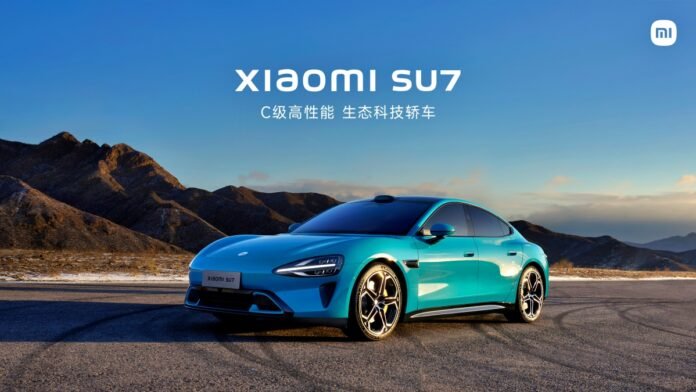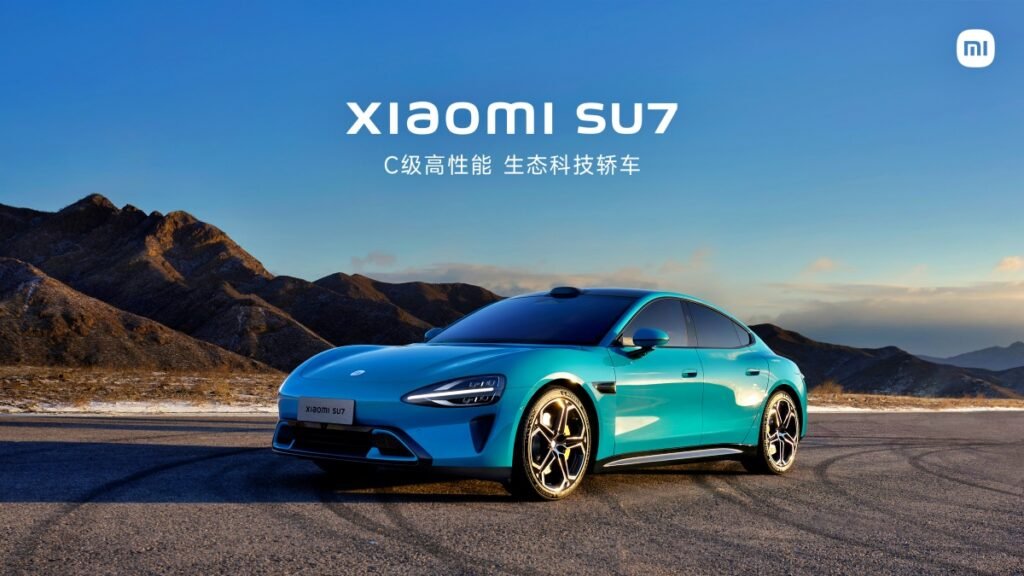
Beijing: In a remarkable display of consumer interest, Xiaomi has announced that it has surpassed 100,000 orders for its debut electric vehicle (EV), the SU7, as it commences delivery. This milestone follows the production of the first batch of 5,000 vehicles, signaling a strong market entry.
The SU7, which stands for Speed Ultra 7, is Xiaomi’s ambitious entry into the highly competitive Chinese EV market. It boasts a strikingly affordable price tag, starting at under $30,000 for the base model, making it a more economical option than Tesla’s Model 3 in China.
Despite the challenges of entering the world’s largest auto market, characterized by intense competition and slowing demand, Xiaomi’s robust financial standing and expertise in smartphone technology have positioned it favorably. The company’s experience is particularly advantageous in the development of smart dashboards, a highly sought-after feature among Chinese consumers.
Potential buyers have been informed of possible wait times ranging from four to seven months due to the overwhelming demand, further evidenced by the 88,898 pre-orders received within the first 24 hours of sales.
Xiaomi has also released a “founders edition” of the SU7, consisting of the initial 5,000 vehicles produced, which come with exclusive accessories for early adopters. Lei Jun, Xiaomi’s founder and CEO, announced that deliveries for this special batch would begin across 28 Chinese cities, accompanied by a launch ceremony at the company’s Beijing factory.

Despite the positive reception, Xiaomi anticipates financial losses on the SU7, with some analysts predicting significant losses. Citi Research maintains a cautious stance, suggesting that the competitive pricing within the 200,000 to 300,000 yuan segment could lead to a challenging market for all participants. They estimate an average loss of approximately 68,000 yuan ($9,400.96) per vehicle, based on a projected sales volume of 60,000 units for the year, resulting in a potential net loss of 4.1 billion yuan ($566.82 million).
The SU7’s launch fulfills Lei’s long-standing ambition to venture into the EV space, a commitment he made in 2021 with a pledge to invest $10 billion in the automotive sector. This project is considered his final major entrepreneurial endeavor.
In response to Xiaomi’s entry, other Chinese EV manufacturers have announced price reductions and subsidies. The 200,000 to 300,000 yuan price bracket is expected to become even more crowded, with approximately 240 EV models projected to compete for market share in 2024, marking a significant increase from the previous year.





















































